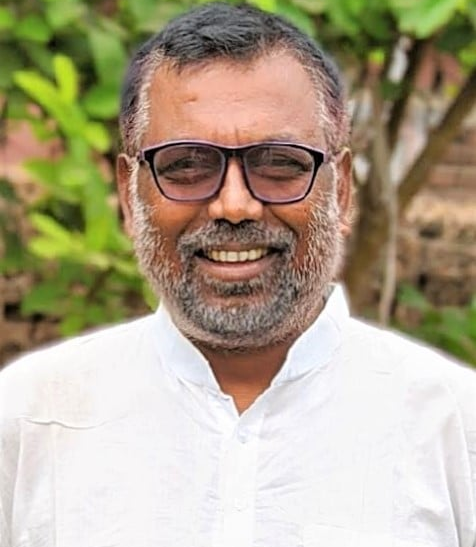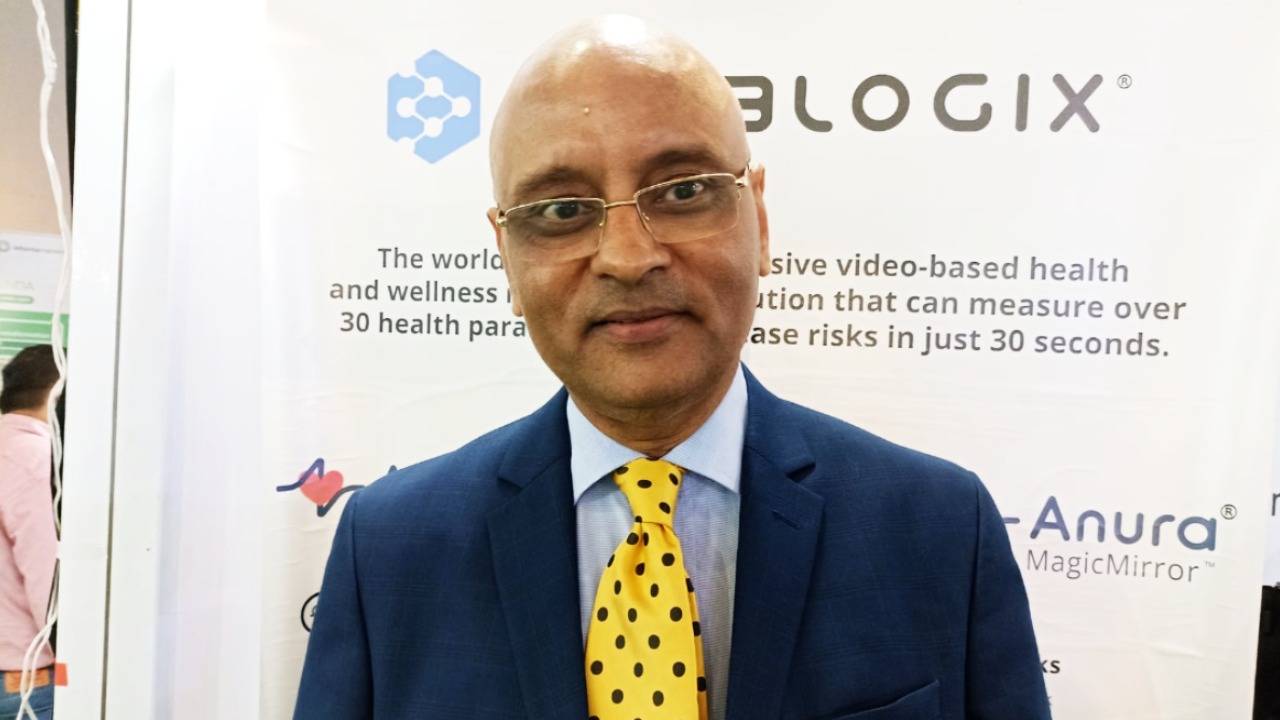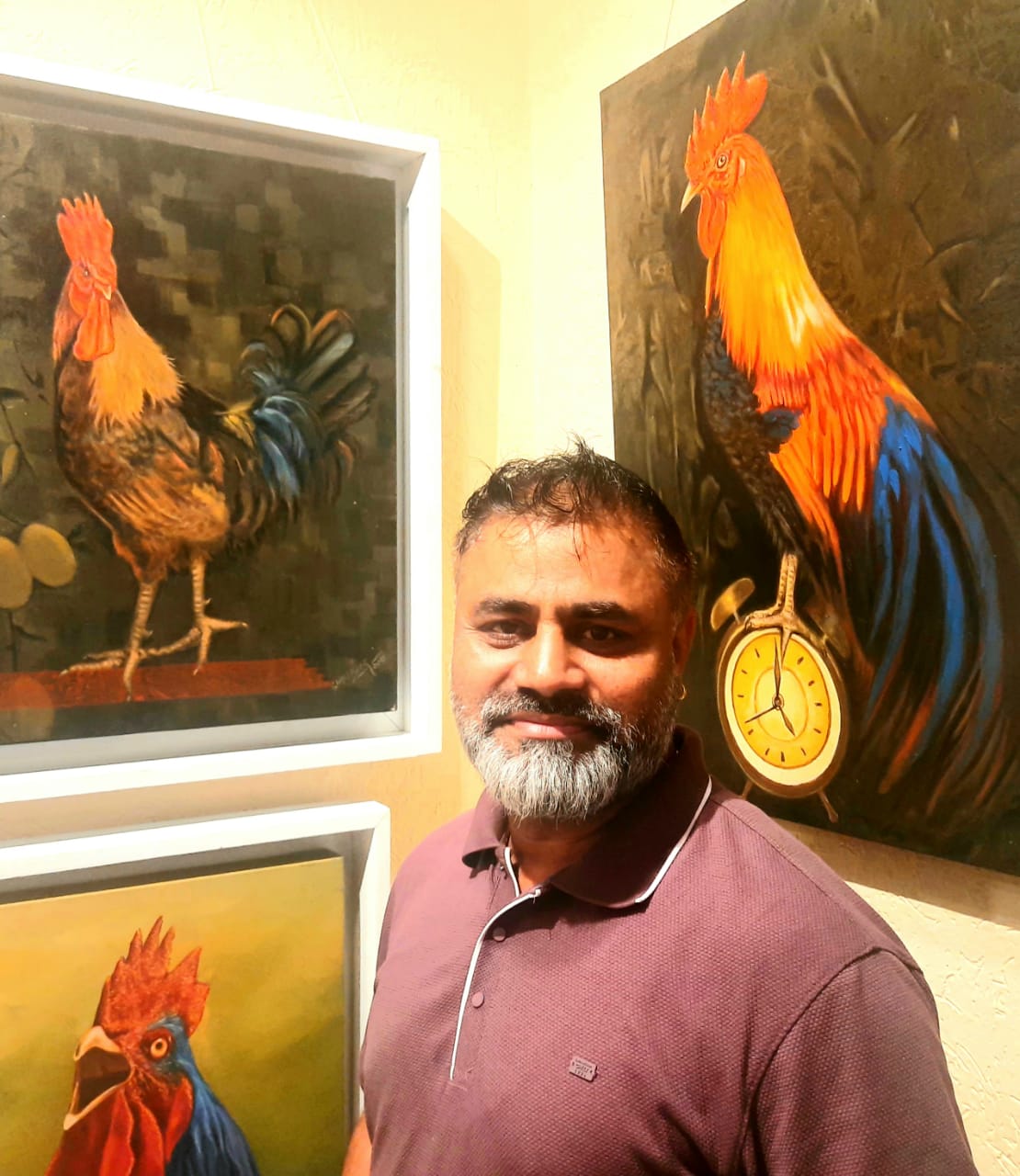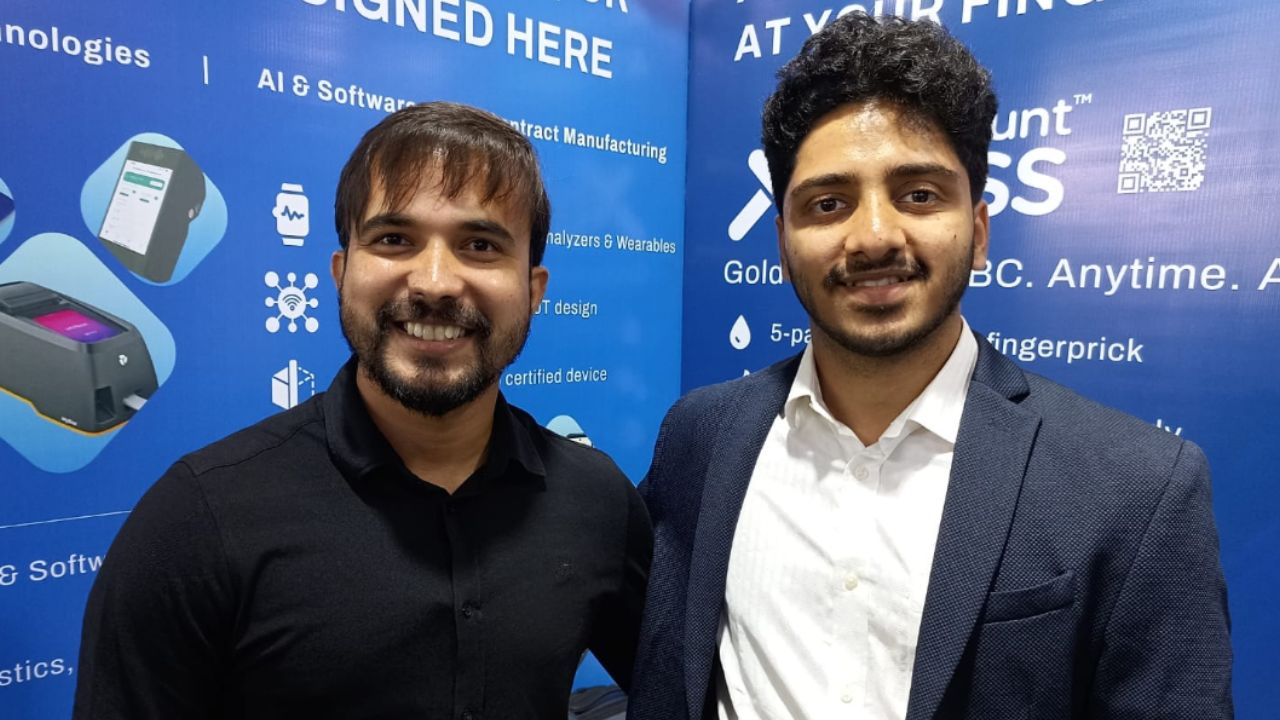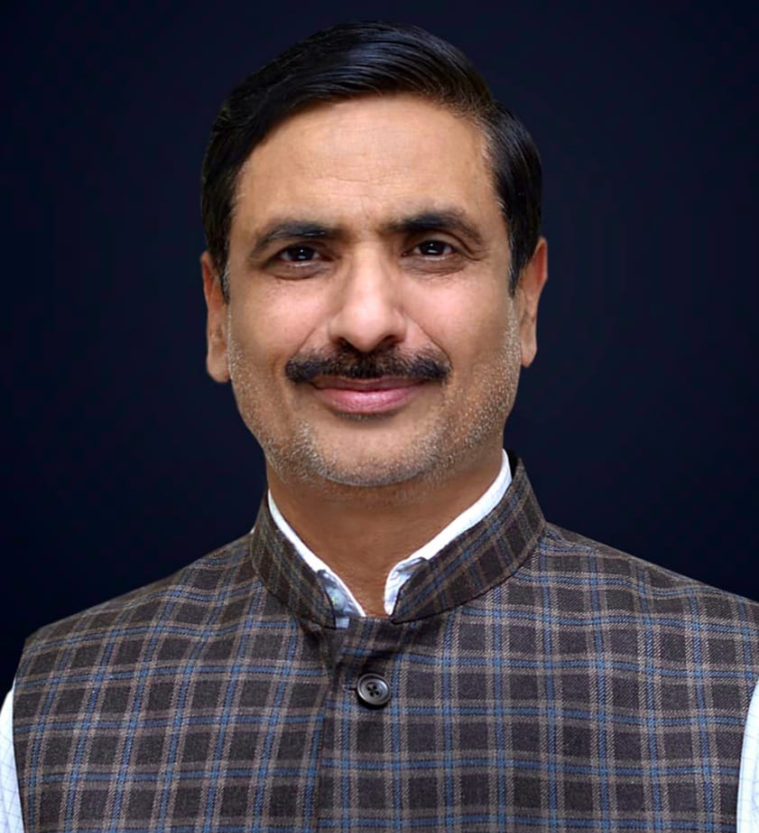Santosh Upadhyay is the national convener of Bandi Adhikar Andolan, an organisation working on prisoner’s right in the country. He worked with the Human Right Law Network in legal advocacy function. He submitted a PIL in the Supreme Court along with Advocate Colin Gonsalves on increasing prisoners’ wages. He also raised another PIL in the Nainital High Court on subsiding the imprisonment of senior citizen prisoners who have already spent over 15-20 years in the jail. He is a strong voice on the prisoners’ rights in the country and has been relentlessly fighting for their welfare. Here is an exclusive interview with T.I.W.
#1. What’s the condition of Indian prisons?
The conditions of Indian prisons are pathetic, unimaginable, inhuman, and beyond the norms of a civilised society. The utilities like drinking water, toilets, and healthcare are below standard. The primary objective of the prison like reformation is out of scope in the existing ecosystem. Juvenile observation centres are like torture rooms. Even the women prisoners are devoid of privacy and dignity. What’s most disgusting in the system is that underaged children also suffer the trials and tribulations of their mothers, which they don’t have any role in the crime. Indian jails are also overcrowded.
#2. What reforms do you want to see in Indian prisons?
The Supreme Court has issued notice to Centre and state governments on a PIL seeking its direction to fix the wages of prisoners at par with the minimum wages decided by the government. Arbitrary deductions from the prisoners’ wages should be stopped. Handcuffs should not be used for undertrials. Number of jails should be increased; open jails (a system in which prisoners can stay with their family and they can travel upto 15 km for their earnings) should be created to empower the disciplined prisoners; and walled jails should be meant for the dreaded criminals only. Senior citizens who have served over 20 years of jail term should be released. Speedy and timebound trials are necessary for delivering justice to the prisoners.
#3. How do you see the role of media in prisoners’ reforms?
Media must play a stronger role in prison reforms by constantly bringing up the issues of prisoners and their conditions, and each incident of custodial death or torture must be highlighted to ensure the accountability in prisons. Undertrials/convicts should have access to the media. Good books can also change the minds of criminals. Libraries should be given access the prisoners for reading books of their interest.
#4. What is your take on giving voting rights to prisoners?
Voting is a fundamental right of every citizen in a democratic country. At least 16 democratic countries allow felons to vote, even while they are in prison. These countries include Canada, Croatia, Czech Republic, Denmark, Finland, Ireland, Latvia, Lithuania, Macedonia, Serbia, Slovenia, Spain, South Africa, Sweden, Switzerland, and Ukraine. And we are certainly an outlier in terms of having any part of the country where you can permanently lose your right to vote based on a felony conviction. However, many of our politicians, ironically, have criminal cases registered against them and they can fight elections and get elected while the over four lakh prisoners are deprived of this fundamental right.


